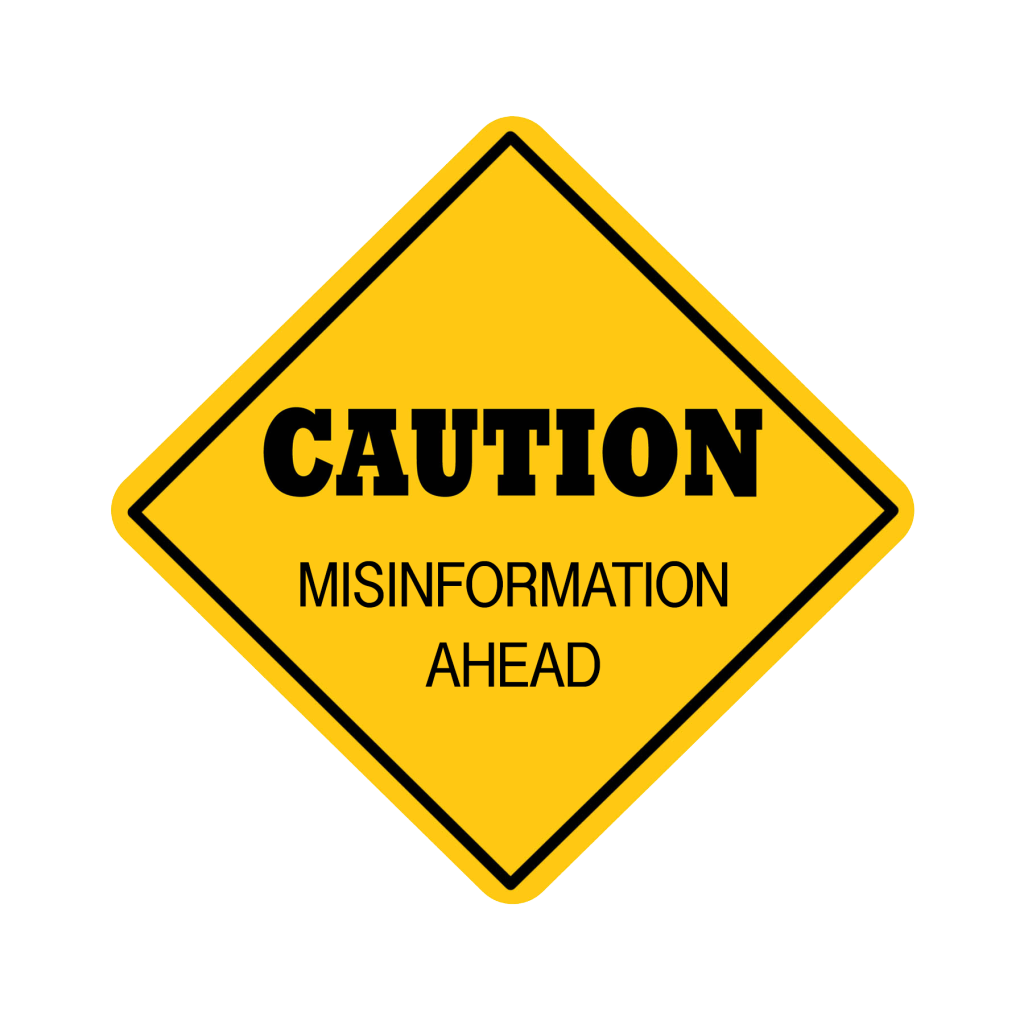Cyberspace crossroads, digital dead ends, and heavy user traffic jams
By Clive Ramroop, Contributor
“Just because you read it in a magazine, or see it on the TV screen don’t make it factual” – Michael Jackson, “Tabloid Junkie”
Did you ever see a Facebook post about a common household item alleged to cause some silent killer illness whose symptoms only take effect after several months, even though you’ve used that product for years and never felt sick? Has a friend shared an online story about a “shocking” scandal from a far corner of the world, even though it was already debunked six months ago? Have you revisited a Wikipedia entry and noticed that someone had edited its content with a different slant from the last time you read it?
For two decades, the worldwide web has allowed the public to access and share inconceivable riches of information faster than anything sci-fi authors imagined 50 years ago. Wiki-style websites have replaced library catalogues and encyclopedias. A phone smaller than an audio cassette (ask your parents if you’ve never seen one) can store digital entertainment content whose physical formats could fill a living room. It’s as startlingly easy to upload information as it is to find it; users can not only find, but also broadcast what they want. The Internet has allowed users to become their own independent reporters on any topic they want.
But therein lies a problem. Though technology is constantly developing in its functional efficiency, those of us who use that technology aren’t quite as infallible. While many make the effort to make sure their messages are truthful, there’s a great deal of content in this “information superhighway” that is inaccurate, misleading, or downright fraudulent. Some of it is deliberately false, with malicious intent. But sometimes Internet hoaxes that feel legitimate can spread so far that a duped friend may pass it on, believing its authenticity.
This has evolved from “Forward this email to everyone in your address book” to “If you have a heart, share this post on your Timeline.” In our constantly plugged-in society, it’s mindlessly easy to pass on anything—truth or crap—to vast chunks of the population with just the click of a mouse or a tap on a touch screen. All it takes is enough unwitting users innocently going about their digital lives without a visit to Snopes.com, and stories like Jackie Chan’s alleged death can spread faster than a wildfire in a rainless forest, and even linger in cyberspace for months after the story has been disproved.
The Internet has pretty much democratized the spreading of awareness on issues, a domain once exclusive to corporate news media. Today, almost anyone with a little cyberspace- or HTML-knowhow can make their own websites to sound off on anything. But just as the mainstream press is prone to sensationalizing stories to sell copies or draw ratings, we “normal folk” don’t always exercise objectivity in our online words or critical thinking in our digital consumption.
How often have you said, “I read about topic X on the Internet,” compared to how often you’ve read further? The webpage you visited may have simply quoted a story from another site without suspecting it was an Onion wannabe. Even with “news” travelling the wires at the speed of light, we conduits of this “news” still have work to do if we expect our amateur journalistic integrity to go beyond the days of “Paul McCartney is Dead.” (Ask your grandparents about that one.)
